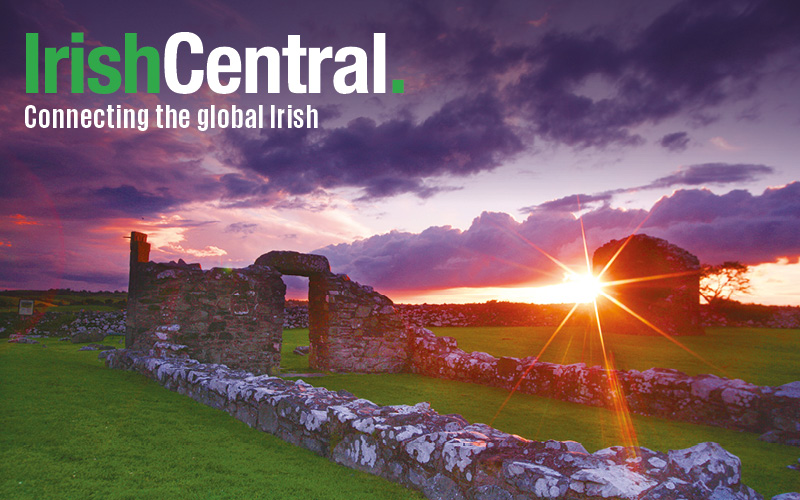While the terrorist attacks on Paris by Islamic extremists have been widely criticized by many Irish Muslim leaders, their individual statements show the “deep sectarian divide” in Islam between the Sunni faction, which opposes the Syrian government, and the Shia faction, which blames Saudi Arabia.
"ISIS represents a sick ideology and a misinterpretation of our religion," said Shaykh Umar Al-Qadri, Imam of the Sunni mosque in Blanchardstown, a suburb in west Dublin.
Dr Al-Qadri, who is also the chairman of the Irish Muslim Peace & Integration Council, told RTE that his thoughts and prayers are with the people of Paris "and every other place on earth plagued by sick men with weapons and bombs.”
"The cancerous ideology of Daesh can only be defeated with a collective approach by Muslim leadership and politicians," he said.
Speaking on RTÉ’s "News at One" a week before the Paris attacks, he claimed that Irish Muslim children are being taught “hatred of other communities” at unregulated religious classes and that the problem is "widespread.” He said parents are concerned their children are being taught beliefs that are "incompatible with real Islamic teaching.”
Dr Al-Qadri said the majority of Irish mosques do not conduct proper checks when hiring teachers and he called for precautions to be put in place.
"It is the job of the Muslim community first and foremost, however, the Muslim community on its own may not be able to do this without being pushed…."
However, the Islamic Cultural Centre of Ireland (ICCI), which also adheres to the Sunni sect, dismissed these concerns and denied that young Irish Muslims are falling prey to radicalization.
ICCI spokesman Dr Ali Selim said young Muslims in Ireland "have not been entertaining the ideas IS has been trying to sell them” on the internet.
Dr Selim also issued a statement from the Sunni Irish Council of Imams condemning what it called "the atrocities" in Paris.
The council said it was "in full conformity with Islamic teachings when condemning terrorism of all kinds, regardless of the perpetrators' race and faith.” The statement went on to condemn not only extremist groups and individuals, but also “state terrorism.”
When asked for clarification, Dr Selim told RTE News that President Bashar al-Assad's Syrian government was the most notorious of today's state terrorists.
Read more: The French 9/11 changes everything for America too
He endorsed the European Council for Fatwa and Research appeal urging "the entire world to live in peace, respect human rights and shun violence and create a just society where atrocities like these cannot flourish.”
A statement was also issued by the Clonskeagh-based Islamic Cultural Centre in the name of 16 Muslim organizations in Ireland calling the attacks "crimes against humanity which could not be justified in any circumstances."
The Irish Council of Imams has dissociated their faith and their fellow Muslims from the perpetrators of "such violent and brutal acts.”
Meanwhile, the leader of Ireland’s Shia Muslim community has expressed shock and sadness over the Paris attacks, extending his sympathy to the people of France as well as the relatives of the 43 people killed by ISIS in Beirut on Thursday.
However, Dr Ali Al Saleh, the founder of the Hussaini Mosque at Milltown in Dublin, blames the government of Saudi Arabia for funding ISIS and spreading its ideology.
"Saudi Arabia has been sponsoring this Wahabi ideology since 1979 when resistance to the Soviet invasion of Afghanistan began," the Imam said.
According to RTE, “Wahabi” refers to the variation of Islam practiced by the Saudi royal family and their followers.
"Some people who fought against the Soviets in Afghanistan are now fighting in Syria as well as waging war on the internet. You can read their praise for the Paris attacks and for the killing of Shia Muslims on social media," he said.
Ireland’s 2011 census registered 49,204 Muslims, making up 1.1 percent of the total population compared to 0.1 percent in 1991.




Comments